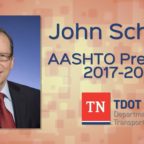
Newly elected AASHTO President John Schroer has worn many hats in his 65 years. He’s run a commercial real estate business, served as the mayor of Franklin, Tennessee and in 2011, he was appointed commissioner of the Tennessee Department of Transportation where he’s responsible for more than 3,400 employees. In Sept. 2017 the American Association of State Highway and Transportation Officials—Board Directors elected Schroer AASHTO president. In this Presidential Profile video Schroer explains why ensuring sustainable Federal funding for transportation is one of his top priorities. President Schroer also says he will work closely with the Trump administration and help State DOTs to prepare for the fast emerging technologies that are changing transportation as we know it.
View this complete post...











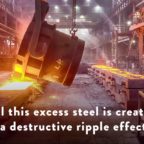
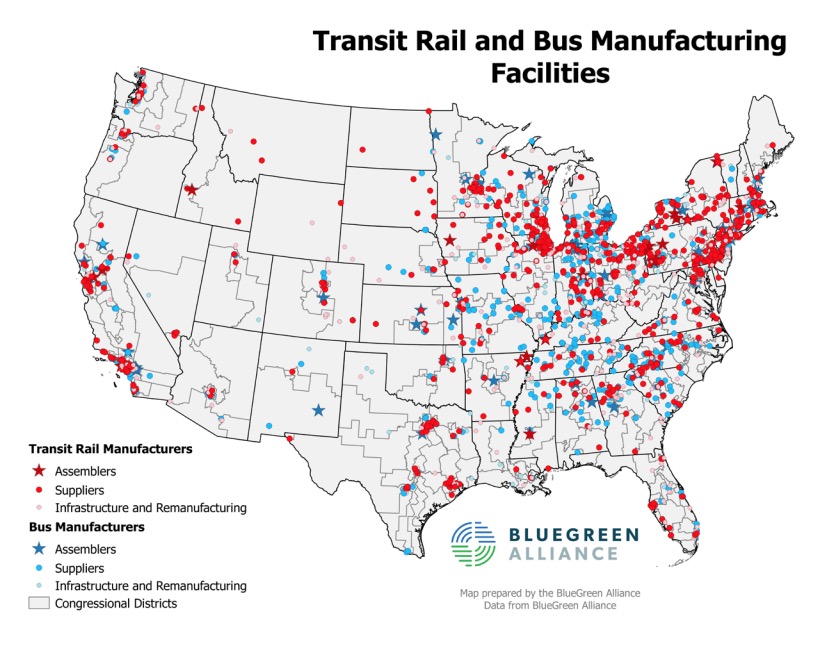
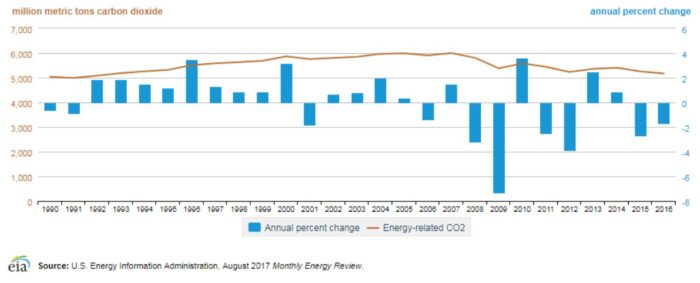
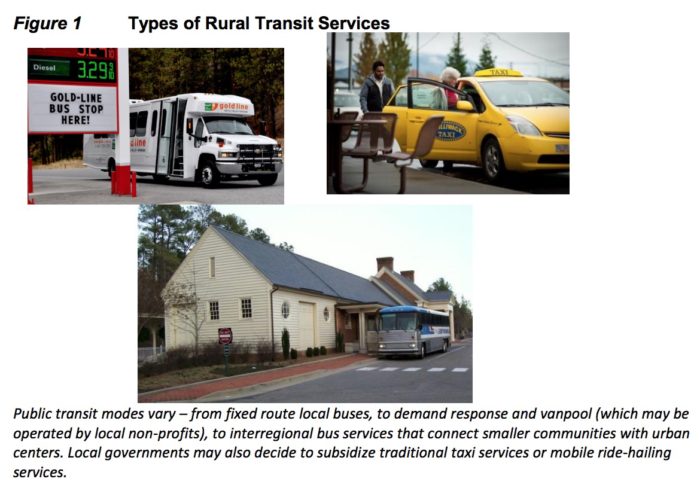
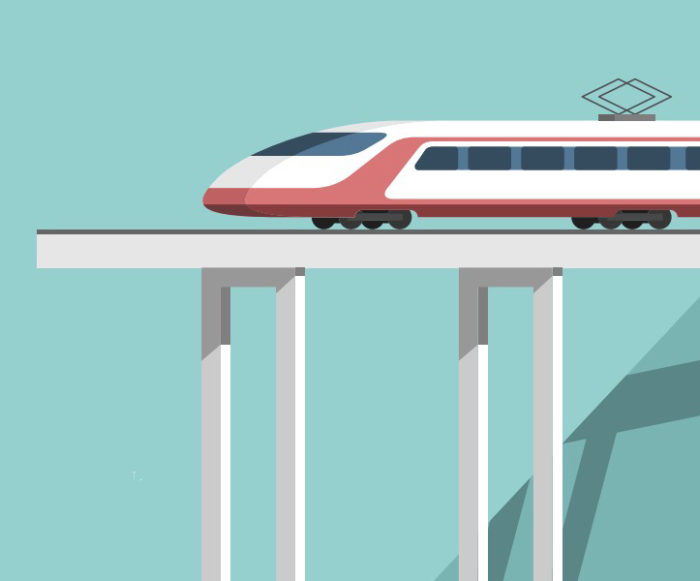
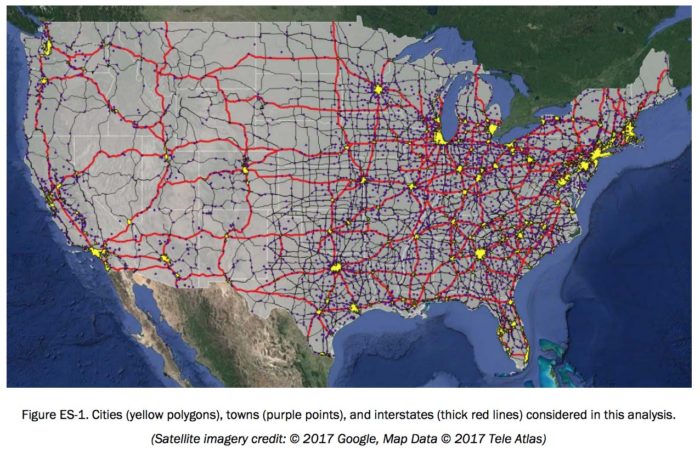
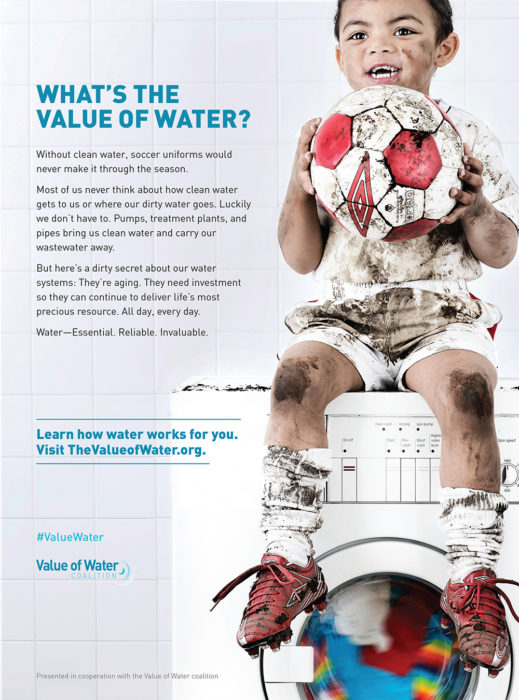
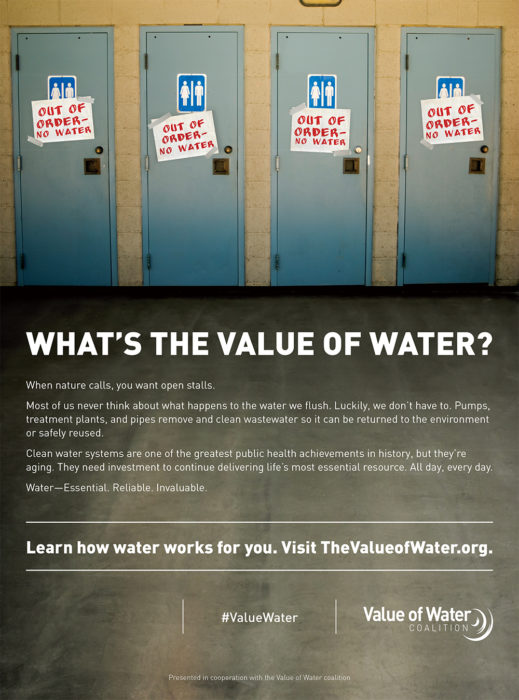

 RSS Feed
RSS Feed